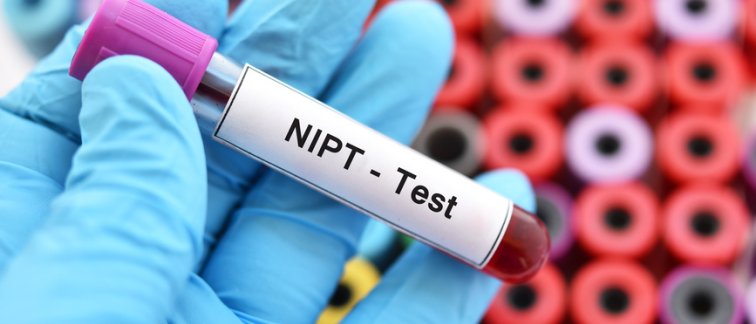This nationwide study evaluates two parts of implementation:
- Part I. Organisation, logistics, outcome, test-performance and costs
- Part II. Women’s decision-making, uptake, preferences, psychosocial aspects
TRIDENT-1
(>April 2014) includes women who are at an elevated risk of carrying a fetus with Down syndrome (or trisomy 18 or 13) based on first trimester combined test (FCT) or medical hisotry. A license was granted after positive advice by the Dutch Health Council.
TRIDENT-2
(>April 2017) NIPT is offered as first-tier screening test to all ~170,000 pregnant women in the Netherlands. See Health Council advice. Women are given a choice between FCT, NIPT, or no prenatal screening. To create equal access, both tests are offered at comparable costs. The NIPT is subsidised by the Dutch government.
Both TRIDENT studies end April 2023.
The TRIDENT studies (Trial by Dutch laboratories for Evaluation of Non-Invasive Prenatal Testing) have been designed and are carried out by the Dutch National NIPT Consortium.
The NIPT Consortium is membered by all Dutch stakeholders involved in prenatal care including obstetricians, clinical geneticists, midwives, laboratory specialists, the VSOP Dutch Genetic Alliance, ethicists, and researchers. Below those involved from the Amsterdam UMC are stated. A list of all NIPT consortium members can be found here
Project leader
Other contributers to the project:
- Dr. S. van ‘t Padje, project manager
- Dr. A.J.A. Kooper
- Dr. M.P.R. Lombardi
- I.M.C. Bakker
- E.J. Bradley
- C. Louwerens-Zintel
- M. Smit






